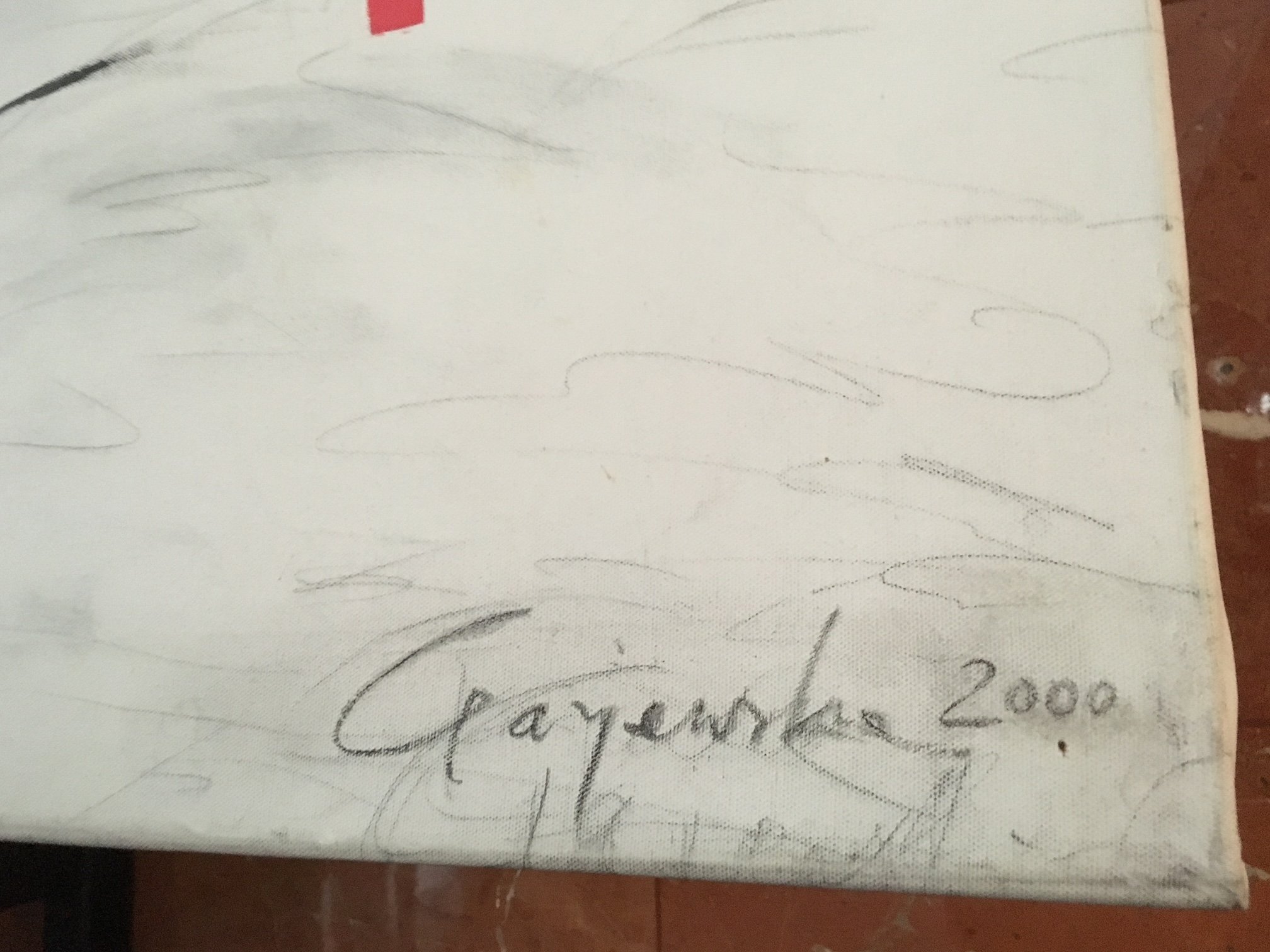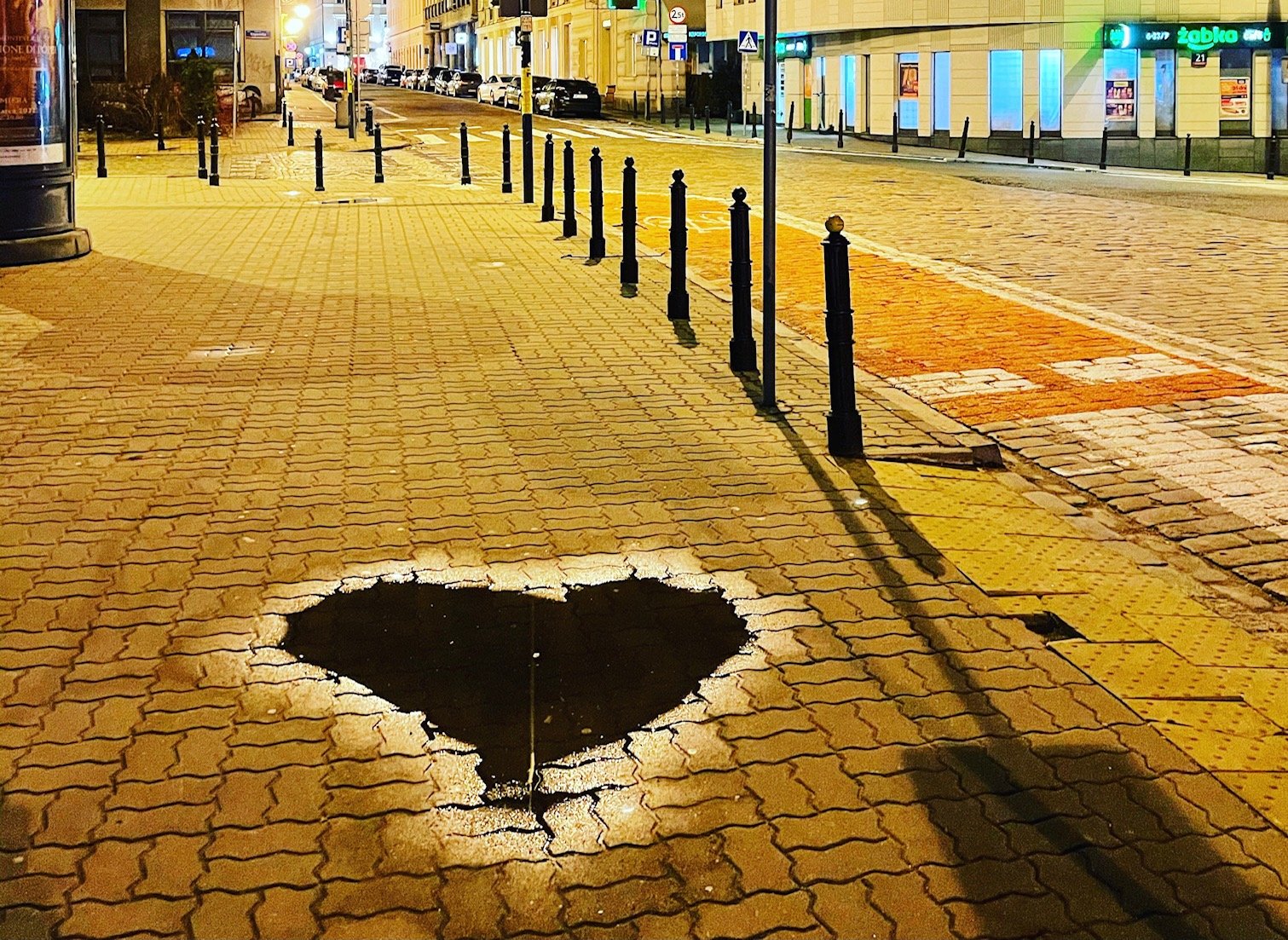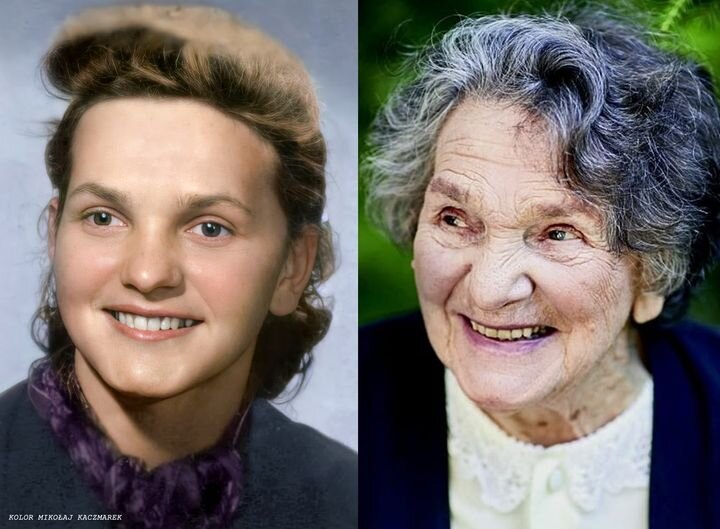


Mom’s book, our patio, our rain
When my son came from Houston after graduating he brought his friend with him. I had great subjects to photograph — these young, handsome people and their friends. The new creative generation, right after college, with dreams hidden in their heart: dreams of writing about sports, dreams of publishing a book, dreams of acting. They were the future of this country, hard workers, facing challenges, working jobs without benefits, just holding on to their dreams.

The third book, and Mom’s waltz
I found it, the third book. Maybe it found me. Maybe we found each other yesterday as I was shifting things from room to room, making way for the hospital bed about to be delivered. It was inside of a plastic bin I was moving from upstairs to down — wait, what’s this? Some pages inside of an orange folder.




Mom’s book, our cloud
Look, a cloud!
This, this is living in L.A.
Look, a cloud!
This is what Mom says when she wakes up this morning and looks out past the leaves of the palm tree that brush up against her bedroom window, looks out and up to that sliver of visible sky. “Jas,” she says, “This cloud is for us. This means it will be a good day.”

Mom’s book, our bubbly
What’s the difference between her and Mom? Between her and me? Between us and that ballerina in front of Mom’s backdrop?
Between any of us?


Mom’s book, our Liberty
Sometimes Liberty
Is to conquer yourself
Sometimes Liberty is to have a home
Sometimes Liberty is to get a meal
Sometimes Liberty is not to be alone

‘But I am ready…’
“I always thought it was unfinished, but then I came to like it like that. I liked that it was unfinished. And this one one I really like now.”

Mom’s book, her beginning
The pages inside the binder, seventy two of them, they’re held together by a metal clamp and alternate between text and photos of her paintings, with the text pages usually brief, two or three paragraphs at a time to describe a moment or the pictures to come.
Mom’s original title?
War and Peace in my Heart

Still life
What to do with a mess?
With dying?
With a tumor so big it’s now gone through her pancreas and into the stomach?
With all of the paintings?
With the cats?
With the pain? (Hers. Ours.)
With all this stuff. These things.
Can something be made out of all of this? Out of a death? An ending?
I wonder.


Of war and Warsaw
Something must be said of the people around me. Of Polish people — my people, my neighbors — and of how at this moment they’re again rising.

A winter’s touch
As time slips on by, as it seems to move along and away even faster now with these last two years robbing us of contact, of meeting, of chance encounters and little smiles now hidden beneath our masks — of magic, really — I find myself steering off into those spaces where magic still exists, where the world can seem more sane, more free, more filled with the very thing now lacking: touch. Touch with other humans, other places, other thinking; simply, with some other. I’m talking here about art, and especially about books. And as the calendar flips over and onward, and the date of January 7 now arrives, I can’t help but to think also of that one winter when a similar angst and pursuit — the pursuit of some story, some else — led eventually to a chance encounter with not just a new story but that story’s author. He was someone who, until then, I had not even known existed. His name was Konwicki.

A sip of history
Who were the men who left this behind? And did they mean to leave it? A Na zdrowie, a Sto lat for us to find here, almost a hundred years later?

The woman who shows up
Her name is Wanda Traczyk-Stawska. She’s 94. And still she arrives, she stands up, even if these days she may require the help of a wheelchair to get there or someone to hold her by the elbow when it’s time again to stand, to stand for something.

The whisper of these walls
In the rear garden of a Warsaw tenement building, on a pleasant summer afternoon, a pile of old radiators and rusted piping rests on some grass. Garbage, now. But once? Once these were a savior to the shivering. And they were other things: a place to prop one’s feet while reading, or to dry laundered socks; surely these also made for a cat’s favorite spot; and for several weeks during the war, one among these radiators was the anchor from which a young Scottish soldier, an escaped prisoner of war, every night fastened a rope.